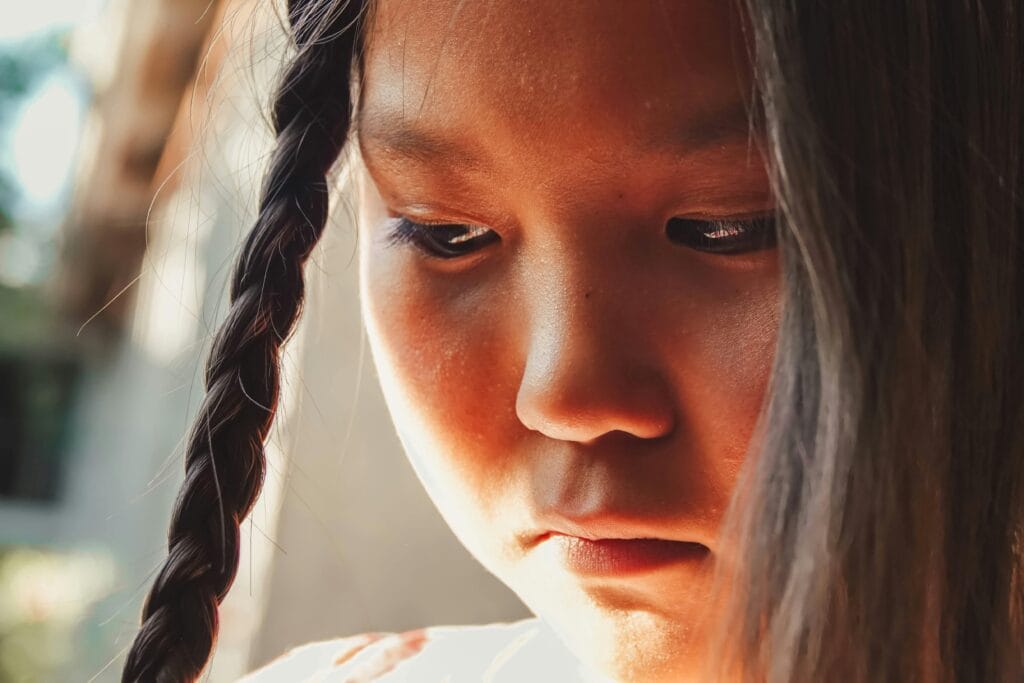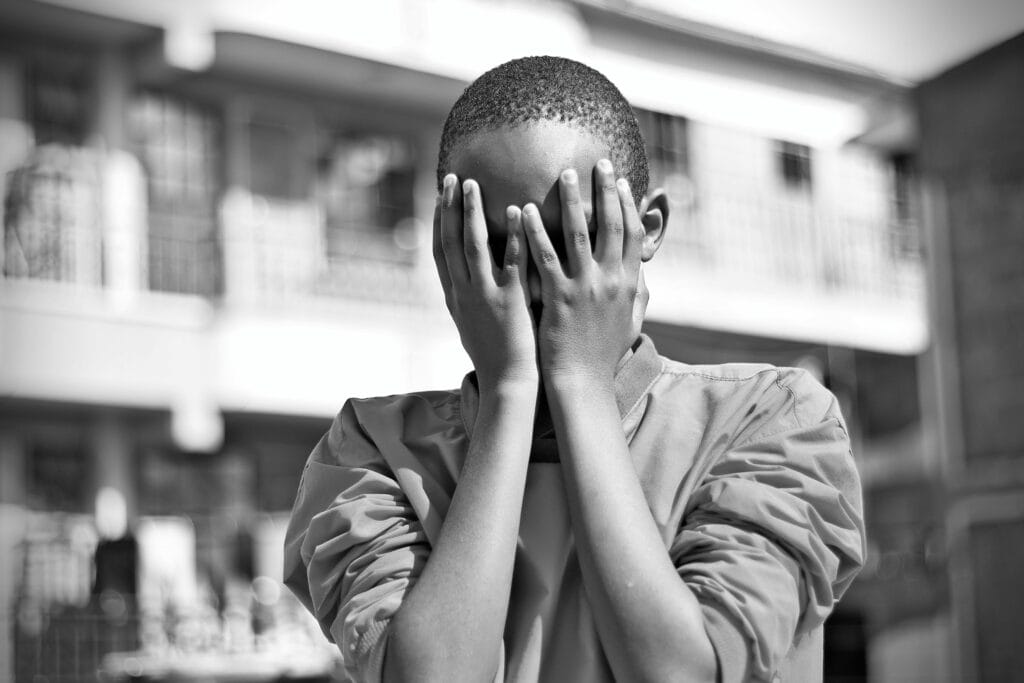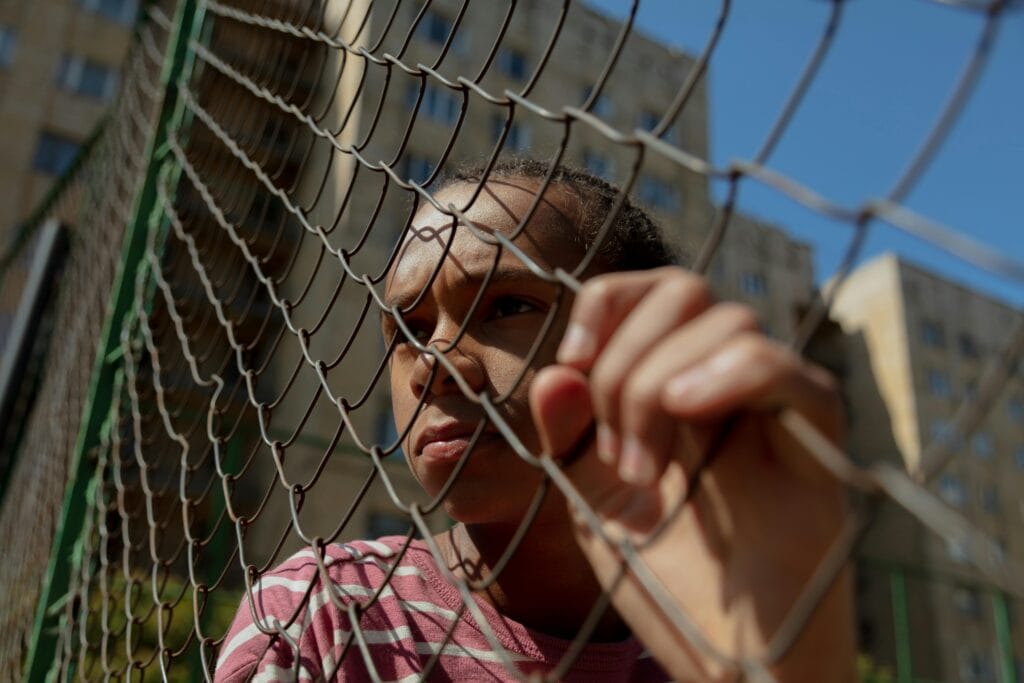As a professional teacher with 18 years of experience, a dedicated youth mentor, and a public speech trainer, I have witnessed firsthand the severe consequences that arise when children lack self-confidence. It is a deeply concerning issue, one that not only affects academic performance and social relationships but can also lead to dire outcomes like abuse and early forced marriage, particularly in some African communities.

The Impact on Academic Performance
When children lack confidence, it shows in their classroom performance. They may hesitate to participate, ask questions, or share ideas. This reluctance often leads to misunderstandings, poor grades, and a sense of isolation. Research by the American Psychological Association indicates that self-esteem plays a significant role in academic achievement. Without the belief in their own abilities, children often perform below their potential, missing opportunities to learn and grow.
Social Isolation and the Lack of Friends
Confidence is the glue that helps us build meaningful relationships. A child with low self-esteem may withdraw from social interactions, finding it difficult to initiate conversations or join group activities. Over time, this can lead to loneliness and social isolation. According to experts at UNICEF, children who are socially isolated are more vulnerable to negative influences, making it harder for them to develop healthy interpersonal skills.
Inability to Defend Themselves
One of the most alarming consequences of low confidence is a child’s inability to stand up for themselves. When a child feels unworthy or unsure of their rights, they are less likely to challenge bullying, abuse, or exploitation. This vulnerability is particularly dangerous, as it opens the door for abusive relationships. Studies have shown that children with diminished self-esteem are at a higher risk of being victims of bullying, physical abuse, and even psychological manipulation.
Link to Child Abuse and Early Forced Marriage
Perhaps the most heart-wrenching consequence of low confidence is its connection to child abuse and early forced marriage, especially in parts of Africa. In communities where girls are often undervalued, low self-esteem can leave them feeling powerless and unable to resist harmful practices. Research by UNICEF and the World Health Organization has highlighted that girls with low self-confidence are more susceptible to early forced marriage, as they may believe they have little control over their lives and futures. This not only strips them of their right to education and personal development but also places them at significant risk of continued abuse.
Potential Risk for the Future:
The impact of low self-confidence is not confined to childhood—it can also jeopardize future success. Children who struggle with self-esteem often develop a mindset that limits their aspirations, making them less likely to pursue higher education or career opportunities. This can lead to long-term challenges in professional growth and economic independence. Studies from the National Institute of Mental Health have shown that individuals with low self-esteem in their formative years are at a higher risk for chronic stress, anxiety, and even depression later in life, all of which can hinder their ability to achieve personal and professional milestones. Over time, this can result in a cycle of underachievement, limiting their social mobility and quality of life.

My appeal to you readers
Low confidence in children is not just a personal struggle—it’s a societal challenge. When children do not feel empowered, the ripple effects are far-reaching, affecting their academic success, social well-being, and overall safety. As parents, educators, and community leaders, it is crucial to create environments where children are encouraged to build self-esteem and develop the skills they need to advocate for themselves.
In my upcoming blog post, I will share practical strategies and interventions aimed at mitigating the effects of low confidence. I will discuss methods to nurture self-esteem, encourage healthy social interactions, and empower children to defend their rights. I invite you to join me in this vital conversation as we work together to ensure that every child has the opportunity to flourish, free from the dangers of low self-confidence.
Thank you for reading, and please look out for my next post on how we can build a brighter, more confident future for our children.
Together, let’s create a world where every child feels empowered, valued, and ready to face life’s challenges with strength and resilience.
Professional Teacher, Youth Mentor and a Public Speech Trainer
Speech Focus Africa



Pingback: Beyond Grades: Why Schools Must Prioritize Confidence and Self-Expression – Speech Lecture